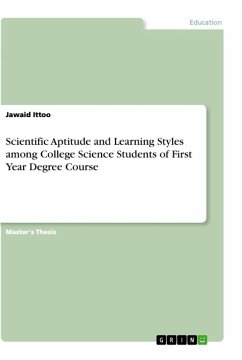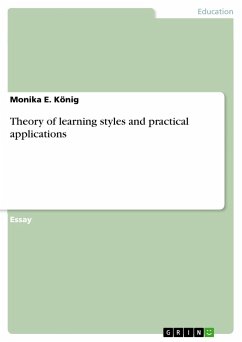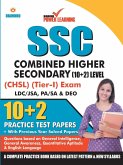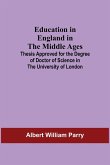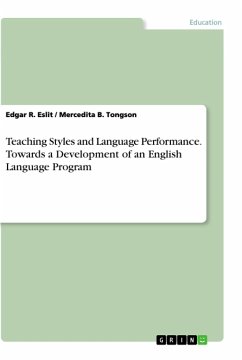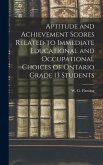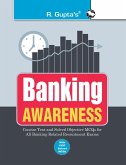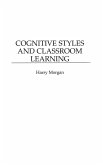Master's Thesis from the year 2015 in the subject Didactics - Common Didactics, Educational Objectives, Methods, , language: English, abstract: The revolution of science and technology has glorified the modern world in a variety of ways. Science has become an integral part of our life and living. Sound achievement in science does not only build the pillars on which the future success of an individual depends, it also provides him a scope to contribute significantly for the progress of nation. The scientific revolution has transformed the modern civilization into a scientific civilization. One of the most important consequences of this technological shift is the need for systematic and continuous perfecting of one's store of knowledge. The higher education has failed to keep a balance with the rapid scientific and technological development. Since the body of information is changing every moment, there is need for systematic renewal of the knowledge. Knowledge revolution will require a complete change in teaching learning process in schools. For a learning environment to be optimally effective, it should capitalize not only on contextual but also the learner¿s characteristics. Science education is multidimensional in nature, and scientific courses demand that students use multiple learning modes in different parts of the course. Therefore, knowledge of students' learning style preferences and identification of their possible strengths and weaknesses will help educators to structure course content appropriately, thereby improving student learning and engagement in the education process. It will also improve students' self-awareness of how they learn best and what they can do to maximize learning opportunities. Once matching is developed between Scientific Aptitude and Learning Style Preferences, the learning of scientific subject becomes a playful activity.

